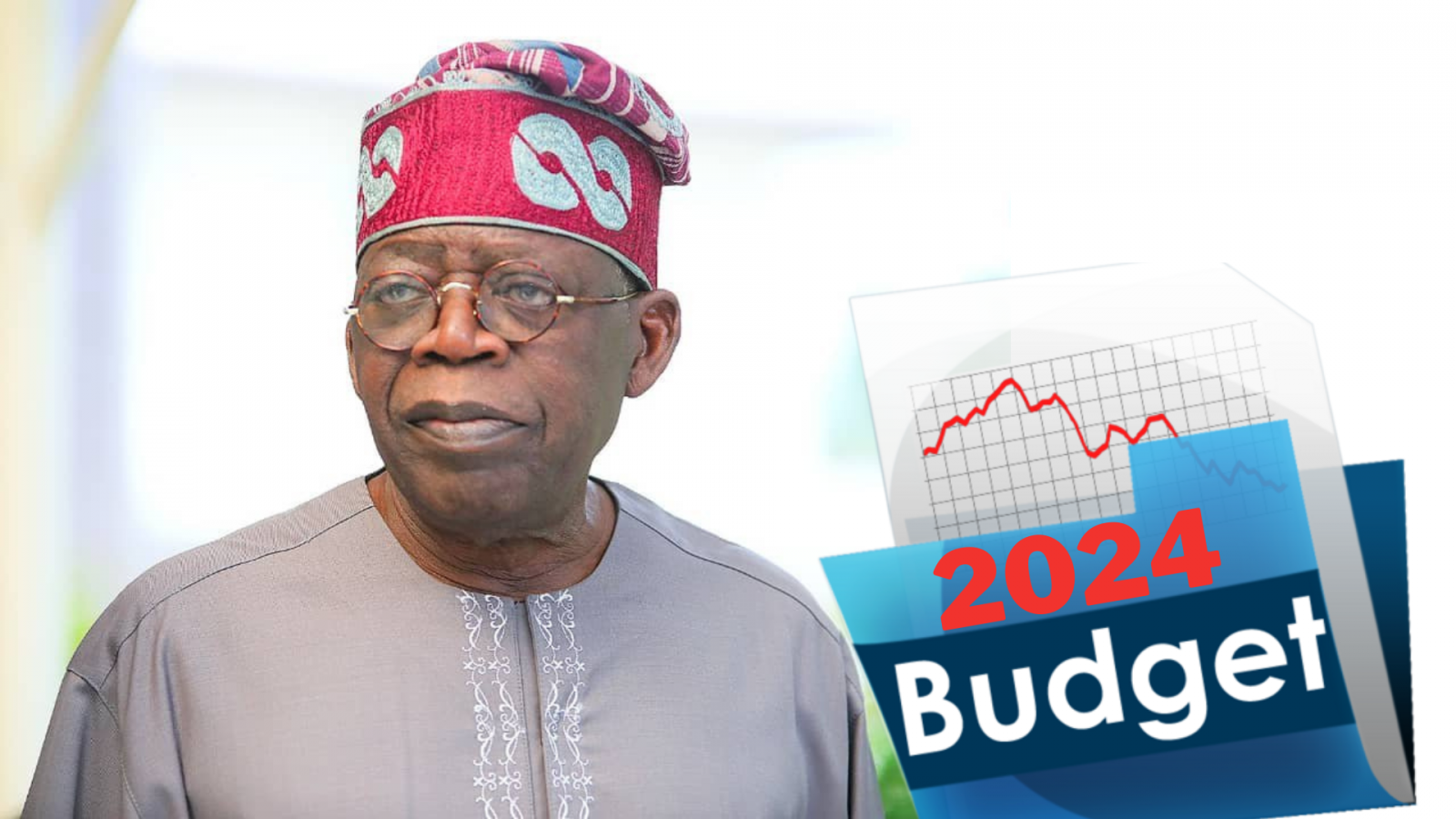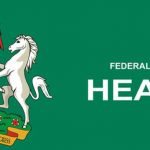
Tinubu Presents 27.5trn Budget To National Assembly

Amidst Nigeria’s rising debt profile, Tinubu presents a 27.5trn budget to the National Assembly in addition to the €100 million foreign loans ratified by the Buhari Government. The Annual Appropriation Bill (2024) covers a total sum of N27.5 trillion Naira total budget for the nation, with a targeted total revenue of N18.32 trillion Naira and a targeted total budget deficit of N9.1 trillion Naira. As a recall, on Wednesday, November 22nd, the National Assembly passed into law the 2024 – 2026 Medium Term Expenditure Framework (MTEF) and Fiscal Strategy Paper (FSP), which is a prelude to the presentation and the laying of the 2024 Appropriation Bill before the Joint Session of Nigeria’s Parliament.
It is worthy of note that Nigeria, as an oil-rich state, is projected to produce an estimated 1.78 million bpd at $73.96 per barrel in crude products by 2024. However, the possibility of achieving as projected falls on the capacity of the Nigerian National Petroleum Company Limited (NNPCL) to ensure the production and logistics process are monitored appropriately. At the same time, the Nigerian Airforce is tasked to tackle pipeline vandalism and illegal refinery of crude oil, which disrupts the expected output and income.
Many oil-rich states, unlike the United Arab Emirates, face one consistent problem which disrupts substantial revenues that crude oil could solve—poverty. Why many oil-producing countries are unable to solve the chronic poverty problem can be traced to corruption. In Nigeria, those who benefit greatly from oil are the government, the companies that refine it, and the region where the refining occurs. The question of creating jobs for the masses or, rather, the government pumping more money into the economy needs to be of public interest here. However, if the crude industry is largely government, companies or region-owned and controlled, where does this leave the masses? How does this help create roads, schools, and hospitals when Tinubu hopes to secure a whopping sum of N7.8 trillion in foreign loans? In 2021, the Human and Environmental Development Agenda (HEDA) Resource Center revealed that Nigeria has lost about $15 to $18 billion annually due to illicit financial flow (IFF).
The taxpayer’s naira which goes up in government spending needs to be addressed for any nation hoping to acquire substantial economic growth or power on a grand scale.
About The Author
Mayowa Durosinmi
author
M. Durosinmi is a West Africa Weekly investigative reporter covering Politics, Human Rights, Health, and Security in West Africa and the Sahel Region
Mayowa Durosinmi
M. Durosinmi is a West Africa Weekly investigative reporter covering Politics, Human Rights, Health, and Security in West Africa and the Sahel Region
Related Articles
Tinubu Government Delays Release of Signed Tax Acts to the Public
Four days after President Bola Tinubu announced the signing of four tax...
ByMayowa DurosinmiJune 30, 2025As Tinubu Urges Africa-Caribbean Unity in Saint Lucia, Over 272 Nigerians Killed in June Alone
While Nigerians deal with deadly violence, worsening hunger, and mass flooding, President...
ByWest Africa WeeklyJune 30, 2025You Can’t Tax a Dead Economy: Nigeria Is Suffocating Under Its Own Policies
As Nigeria’s Central Bank clings to its benchmark interest rate of 27.5...
ByWest Africa WeeklyJune 30, 2025“Wike is Not a Blessing to Us, He’s a Disaster” — Workers Protest in Nigeria’s Capital Over Unpaid Wages, Poor Working Conditions
Staff members of the Federal Capital Territory Administration (FCTA) in Abuja barricaded...
ByOluwasegun SanusiJune 30, 2025












Leave a comment